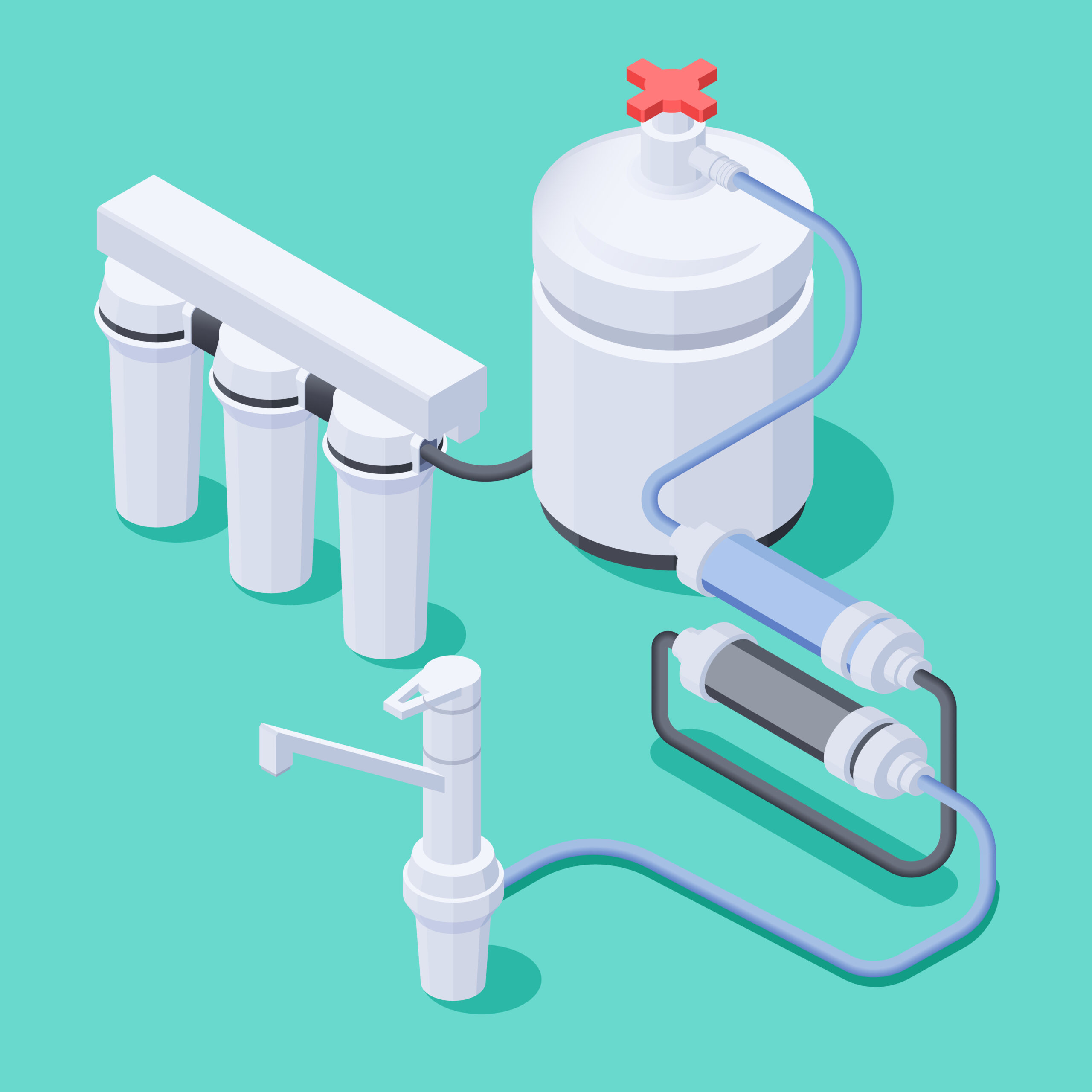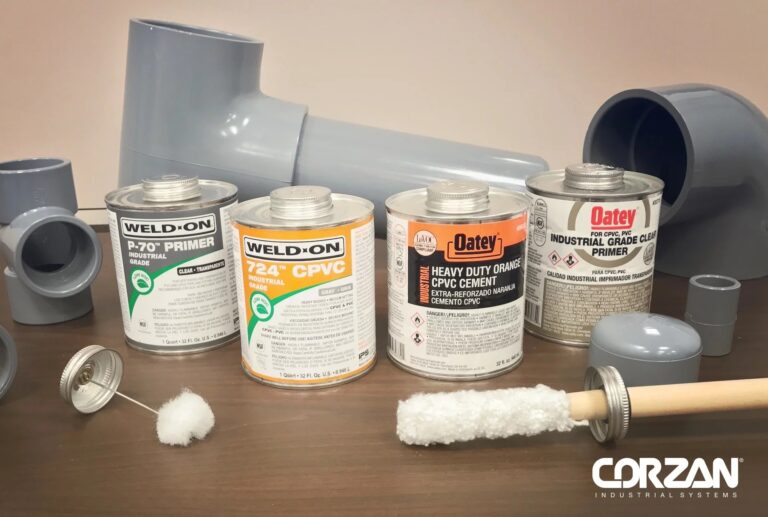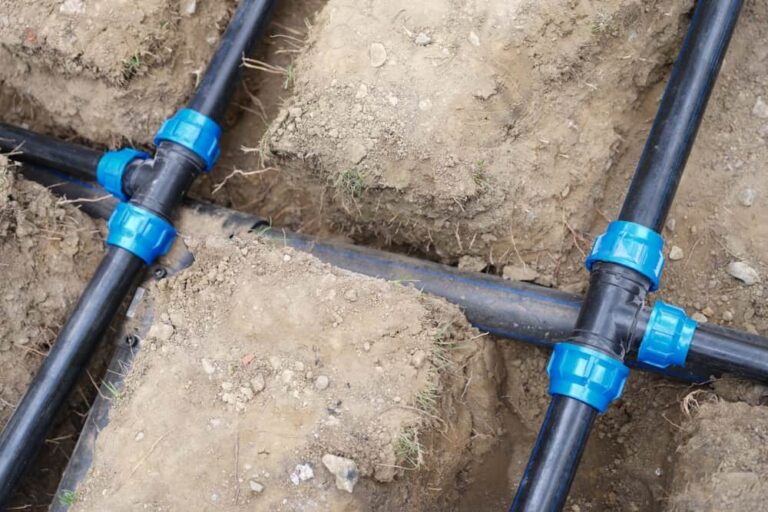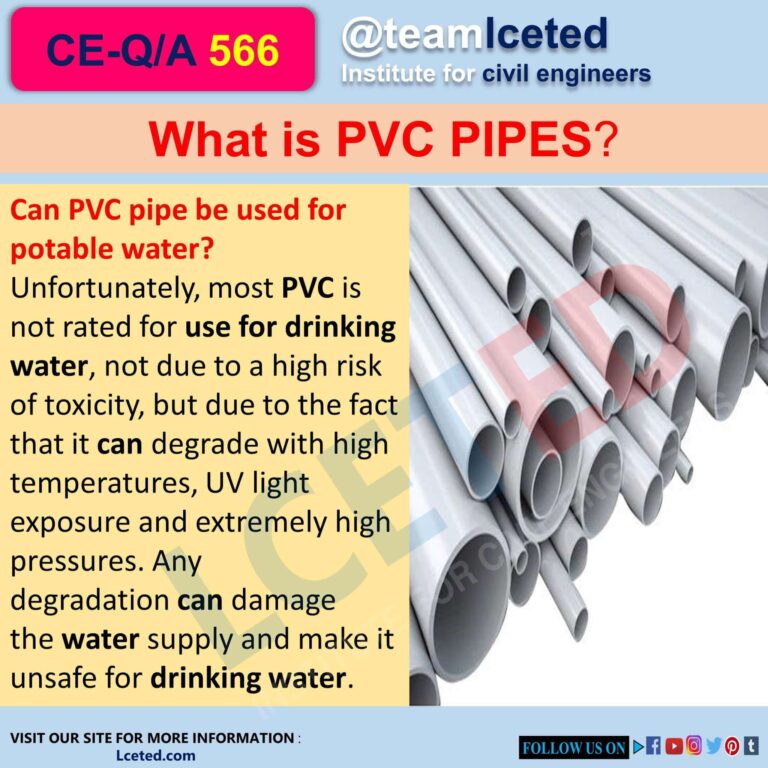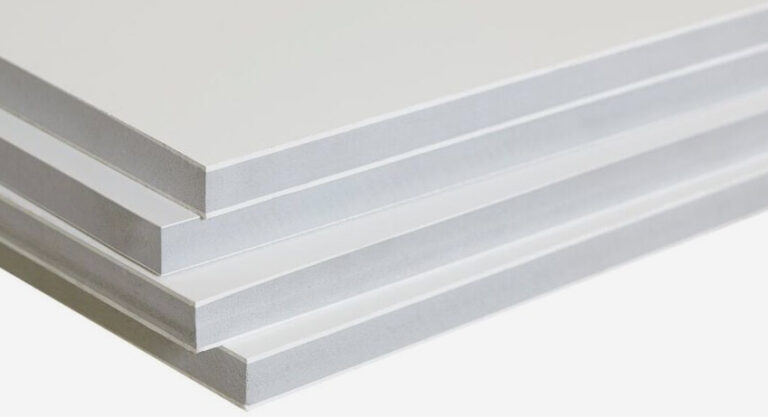How Do You Maintain A Water Pipe?
Maintaining a water pipe is important to keep your plumbing system functioning properly and to keep your water clean and safe. It is important to check your pipes regularly for signs of wear and tear, rust, and any other damage that could reduce their effectiveness. Regular maintenance can help to prevent expensive repairs, water contamination, and other hazards. The following guide will provide you with information on how to maintain a water pipe and keep it in good working condition.
Identifying Water Pipe Issues
Maintaining a water pipe can be a daunting task, especially if you’re not sure what to look out for. Identifying potential water pipe issues before they become major problems can save you time and money, as well as keep your home running smoothly. Here are a few tips to help you identify any water pipe issues:
- Check for leaks: Look for leaks in the water pipe and fittings. Check for damp spots on the wall or ceiling, as well as any water collecting in the sink or tub.
- Listen for strange noises: Listen for strange gurgling, whistling, or thumping noises coming from the pipes. These may indicate that there is a blockage, or that there is air in the line.
- Test the water pressure: Turn on a tap and check the water pressure. If the water pressure is too low, there could be a blockage in the pipes.
- Check the water temperature: Check the water temperature when you turn on a tap. If the water is too hot or too cold, there could be an issue with the valve.
By following these tips, you can quickly identify any water pipe issues and take the necessary steps to get them fixed. Regular maintenance and inspection of your water pipes can help you avoid major problems and ensure that your home plumbing is running smoothly.
Choosing the Right Maintenance Products
- Proper maintenance is essential for the longevity and efficiency of any water pipe system. To ensure that your pipes remain corrosion-free, you should choose the right maintenance products. The right product for your pipes depends on the material of the pipes and the type of water they are carrying.
- For copper pipes, you should use specialized cleaners to remove any buildup of minerals and deposits. You should also use a corrosion inhibitor to prevent the buildup of limescale. For plastic pipes, you should use a chemical cleaner to remove any debris and buildup. You should also use a lubricant to reduce friction and prevent wear and tear.
- For galvanized steel pipes, you should use a rust remover to remove any rust buildup. You should also use a lubricant to reduce friction and prevent wear and tear. For cast iron pipes, you should use a corrosion inhibitor to prevent the buildup of limescale. You should also use a rust remover to remove any rust buildup.
- No matter what type of pipe you have, you should also use a non-toxic, biodegradable cleaner to clean the inside of the pipe. This will help to prevent any blockages and keep the water flowing smoothly.
- When selecting maintenance products, it’s important to choose ones that are specifically designed for the type of pipe you have. This will ensure that your pipes are properly taken care of and remain in good condition for years to come.
Preparing the Pipe for Maintenance
Water pipes are a vital part of our infrastructure and must be maintained to ensure their proper functioning. Before beginning maintenance on a water pipe, it is important to prepare the pipe and its surroundings for the job. This includes inspecting the pipe and its fittings for any signs of corrosion, leaks, and other damage. It is also important to check the surrounding area for any nearby utilities that could be affected by the work. Additionally, any loose soil should be removed from the area and the pipe should be cleared of any debris. Once the pipe and its environment have been assessed, the necessary safety precautions should be taken to ensure the safety of any personnel involved in the maintenance.

Applying Maintenance Solutions
- A water pipe system is a vital component in any home, business, or other structure. However, the pipes are vulnerable to wear and tear over time, and regular maintenance is required to keep them functioning properly. To ensure water pipes remain safe and efficient, it is important to routinely inspect them for damage, utilize preventive maintenance solutions, and respond quickly to any issues that arise.
- Inspections should be conducted regularly to identify any potential problems in a water pipe system. Pipes should be closely examined for signs of corrosion, blockages, or other damage. If any damage is found, it should be addressed as soon as possible, as it could pose a health or safety hazard. Additionally, it is important to test water pressure and the flow rate of the system.
- In addition to inspections, preventive maintenance solutions are essential for water pipe maintenance. This may include flushing the pipes regularly, using a water softener, or installing a backflow preventer. These solutions can help keep pipes in better condition and reduce the risk of damage.
- Finally, it is important to respond quickly to any issues that arise. If a pipe is leaking, blocked, or otherwise damaged, it should be assessed and addressed immediately. This will help reduce the risk of further damage or a potential health hazard.
- Maintaining a water pipe system is a critical part of keeping a home or business safe and efficient. By conducting regular inspections, utilizing preventive maintenance solutions, and responding quickly to any issues, it is possible to keep a water pipe system functioning properly.
Inspecting the Pipe Afterwards
Maintaining a water pipe is an important part of home maintenance. Inspecting a pipe after installation or repair is essential for ensuring its longevity and preventing costly repairs. To properly inspect a water pipe, you’ll need to check for any signs of damage, corrosion, leakage, or blockages. You should also check for any signs of water discoloration or sediment buildup. Additionally, you should check the pipe for any loose or missing fittings and ensure that all connections are properly tightened. Finally, you should visually inspect the entire length of the pipe to ensure that it is free of any cracks or breaks. By taking the time to properly inspect a water pipe, you can help ensure that it is in optimal condition and functioning properly.
Adhering to a Regular Maintenance Schedule
- Maintaining a water pipe is essential for keeping a house or business facility functioning properly. A regular maintenance schedule is the surest way to ensure that plumbing operates as it should. A few simple steps can help you keep your pipes in top condition and reduce the risk of costly repairs.
- Start by checking all of your pipes for leaks. You should check the joints and valves of each pipe, as well as any accessible piping. If you find any leaks, make sure to repair them immediately. You should also examine the condition of the pipes and look for any signs of corrosion or damage. If you find any, you should replace the pipes as soon as possible.
- You should also take the time to inspect your water pressure. Low or high water pressure can cause problems with your water flow. You should also check for any blockages in your pipes, like tree roots or sediment build-up. If you find any, you should clear the blockages or have a professional do it for you.
- Finally, you should make sure to clean your pipes regularly. You can use a mixture of vinegar and baking soda to clean the inside of pipes and a brush to clean the outside. This will help keep your pipes clean and free from debris.
- By following a regular maintenance schedule, you can ensure that your pipes are functioning properly and that any potential problems are addressed quickly. This will help to keep your plumbing system in top shape and prevent any costly repairs.
FAQs About the How Do You Maintain A Water Pipe?
Q1: How often should I maintain my water pipe?
A1: It is recommended that you clean and maintain your water pipe every 1-3 months, depending on how frequently you use it.
Q2: What should I use to clean my water pipe?
A2: Most water pipes can be safely cleaned with a combination of rubbing alcohol, warm water, and a scrub brush.
Q3: What is the best way to store my water pipe?
A3: To ensure your water pipe is properly stored, it is best to keep it in a dry place away from direct sunlight and extreme temperatures. Additionally, it is important to keep the pipe sealed to prevent dust and debris from entering it.
Conclusion
Maintaining a water pipe is an important step in ensuring the longevity of your plumbing system. To ensure the system is functioning properly, regular cleaning and maintenance should be done to keep the pipes free of debris and mineral deposits. Ensuring all connections and seals are secure and free of leaks is also essential. Regular maintenance and inspections will help to identify any potential problems before they become severe. Following these simple steps can help to make sure that your water pipes remain in good condition for years to come.

